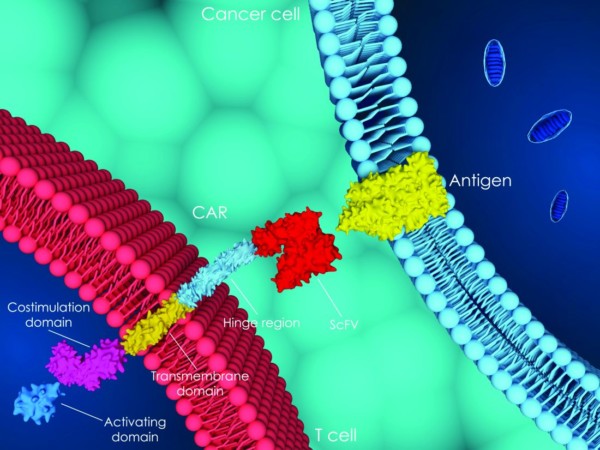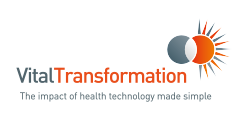Barriers to CAR T use in the spotlight at first European meeting

Publish date: February 28, 2019
The high cost of chimeric antigen receptor (CAR) T-cell therapy largely limits its use to the sickest patients and prohibits experimentation in “less-diseased” populations, outcomes data suggest.
For that reason, and because bone marrow units are profit centers and CAR T-cell therapy reimbursement remains problematic, CAR T in the United States is “effectively being used as a bridge to transplant” – at a cost of more than $1 million per dose, economist Duane Schulthess told attendees at a recent, first-of-its-kind joint European CAR T-cell meeting in Paris, which was cosponsored by the European Hematology Association (EHA) and the European Society for Blood and Marrow Transplantation (EBMT).
“This is the way clinical practice is evolving right now; the price is not allowing enough experimentation for CAR T to flow up and be used in the less-diseased population,” said Mr. Schulthess, managing director of Vital Transformation, a consulting company based in Wezembeek-Oppem, Belgium.
You can read the full story at MDedge Hematology and Oncology
Duane Schulthess gives an update on the accelerating advances in CAR T-cell research in Europe. These videos were recorded at the 1st European CAR T-Cell Meeting, held in Paris, France, co-organized by the European Society for Blood & Marrow Transplantation (EBMT) and the European Hematology Association (EHA).


